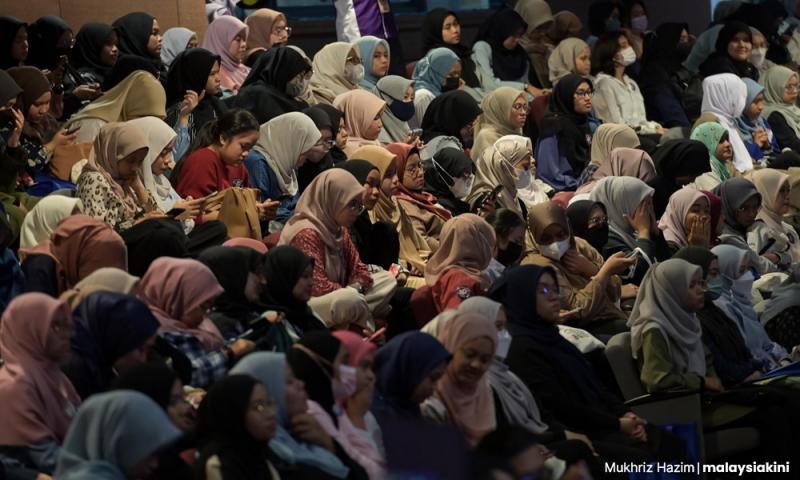LETTER | Brain drain needs to be addressed
LETTER | The issue of brain drain has been raised on countless occasions. The fact that this issue is being raised time and again means that whatever steps were taken to tackle it seem sorely ineffective.
TalentCorp was set up to attract highly trained and talented Malaysian professionals abroad as well as foreigners to drive our country into a knowledge-based nation so as to propel the country to greater heights, with the ultimate aim of turning into a first-world country.
Addressing an issue without looking at the underlying reasons and causes for this serious loss of highly trained Malaysians is never going to be effective. Being in denial only ensures the continuous loss of talent.
The Health Ministry, as highlighted recently appears to be bearing the brunt of this brain drain.
Scores of qualified doctors and specialists leave and seek better prospects in private hospitals or in other countries. Many other Malaysians who have had their medical education overseas opt to stay there and contribute their expertise overseas for various reasons.
As highlighted, many doctors are frustrated at not being allowed to choose their desired postgraduate courses. Another obvious reason for the disinterest in staying in Malaysia is the lack of promotion prospects.
Budding doctors also find it hard to stomach when good performance does not seem to be among the criteria for career advancement. They will then make the painful decision to leave, without much love lost.
The Health Ministry needs to address this critical issue of damping meritocracy. Besides hospitals losing highly specialised doctors, our medical schools will also suffer the same loss.
The country has lost thousands of top scholars to other countries. Having schooled them for more than 10 years and then denying them their desired undergraduate or post-graduate courses is a serious “push” factor, only to find them warmly embraced by other talent-hungry countries.
Singapore is an excellent example. Thousands of former top Malaysian students are contributing gainfully to Singapore. I have a former student who recently retired as the Head of Architecture at the National University of Singapore, a friend’s son was appointed as a professor of cardiology at 41, and many other friends who have had sterling careers there.
This is just the Singapore story. What about other beneficiary countries like Australia, the UK, and the US? Brain drain will continue to bleed the country of its talents as long as these talents are not accorded their rightful recognition.
I am unable to reconcile this – spending money to nurture and train them, applying the “push” factor, and then spending money via TalentCorp to try to attract them to come back.
Political leaders need to have the political will to address this serious loss of top talent. The big picture should assume greater importance and considerations than the assumed erosion of power and position.
Highly trained specialists in any field are more than happy to be positioned appropriately where they can be left alone to apply their skills, as well as enhance them further.
I do not see any logic in thinking that having more Chinese or Indian specialists in a hospital threatens the position of Malay specialists.
In fact, if I were to decide, I would have a good mix of top doctors with others, regardless of race, so that the less experienced or mediocre specialists may learn from their highly qualified and experienced peers. Peer tutoring is an important learning approach.
The same rationale may be applied to other areas such as education, government departments, and the like. The various ethnic groups can learn from each other. Malays are strong in certain aspects and weak in others. The same applies to the Chinese and Indians.
Working together and learning from the strong attributes of others would produce an enviable workforce.
It is time to think out of the box. Stereotyping based on an obsolete policy will stagnate our path toward greater heights. Absolute meritocracy may not be possible but a modified form of it is possible, and the sooner this is done, the better.
The views expressed here are those of the author/contributor and do not necessarily represent the views of Malaysiakini.
RM12.50 / month
- Unlimited access to award-winning journalism
- Comment and share your opinions on all our articles
- Gift interesting stories to your friends
- Tax deductable
